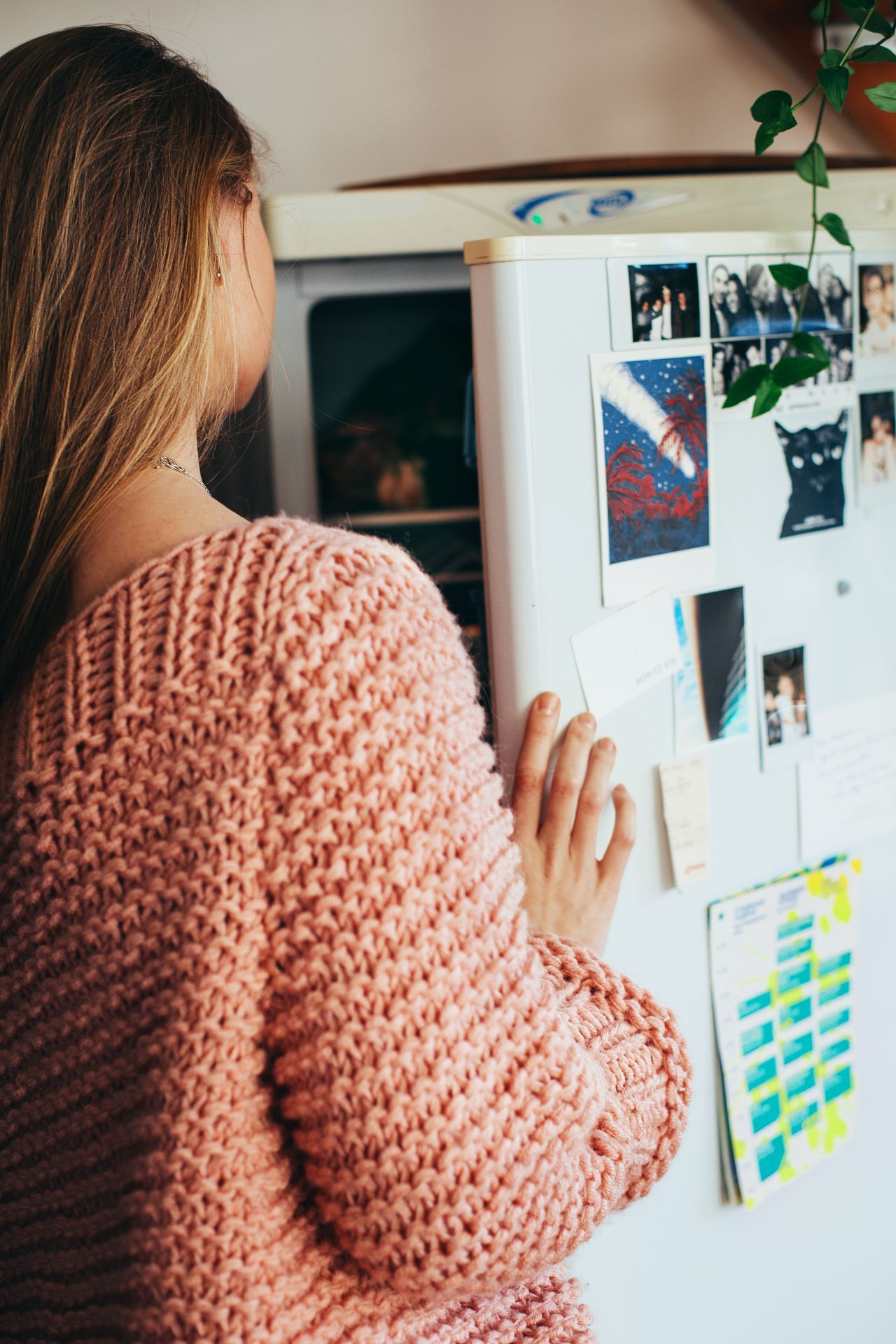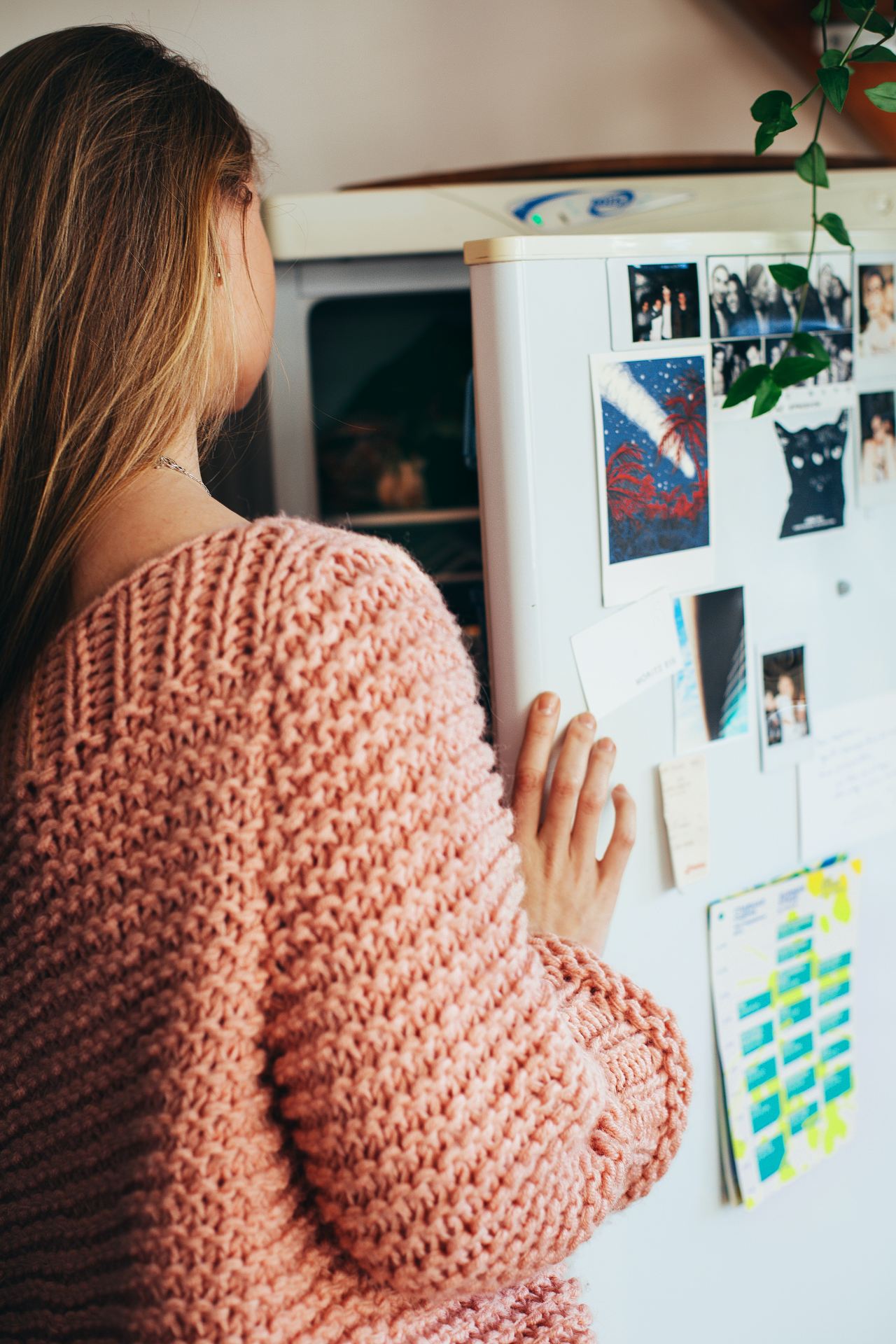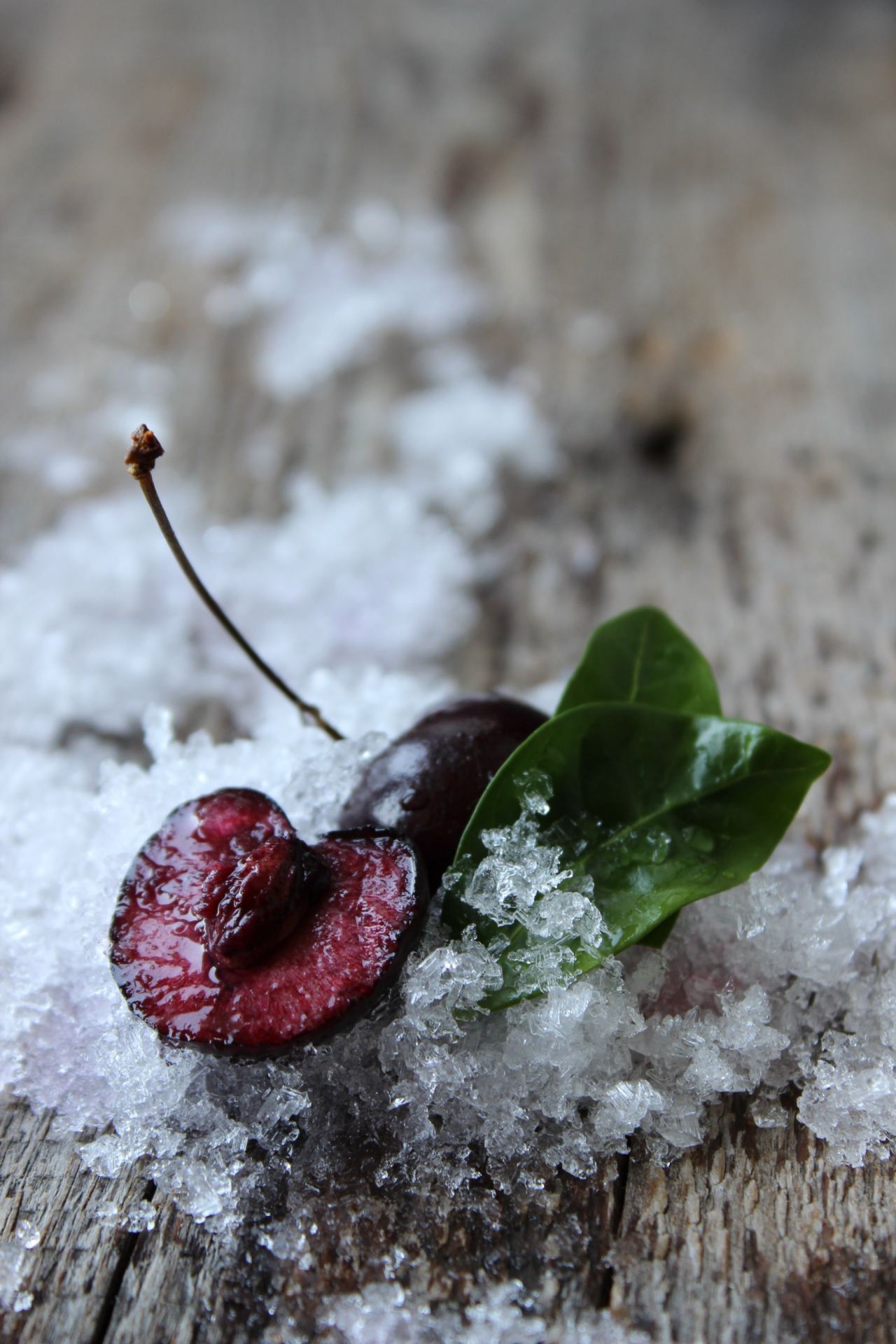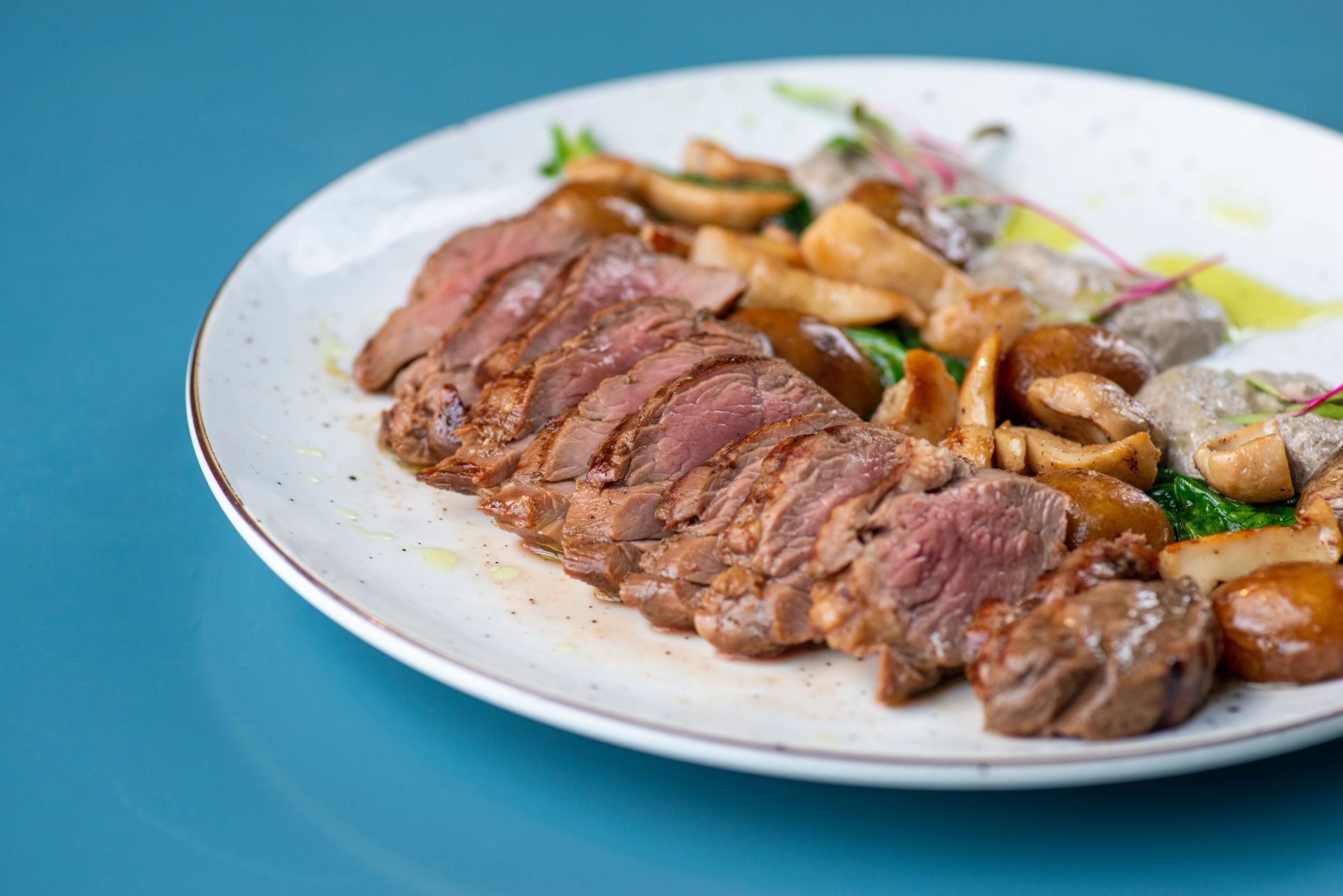A collection of articles written by students at Bishop Grosseteste University as part of their partnership on the Office for Students Mental Health Project.

Keeping safe with food storage
July 2, 2021,
read.
This article is more than 3 years old
All information correct according to here and here.
Food safety is so important to understand for health, but is often something new to students who haven’t lived away from home before. Here is a guide of how best to store food in your fridge and freezer.
Some foods need to be kept in the fridge to help slow down germ growth and keep food fresh and safe for longer. These are foods marked with a ‘use by’ date and ‘keep refrigerated’ on the label, such as milk, meat and ready meals. ‘Use by’ dates appear on foods that go off quite quickly. It can be dangerous to eat foods past this date. ‘Best before’ dates are for foods with a longer life. They show how long the food will be at its best.
Food can look and smell fine even after its ‘use by’ date, but that does not mean it’s safe to eat. It could still contain bugs that could make you ill. Eating food past its ‘best before’ date is not dangerous, but the food may not be of good quality.

Fridge Organisation
- Top and middle shelf: Ready-to-eat foods, such as dairy products, ready meals and packaged foods, leftovers, cooked meats and prepared salads. These should all be covered or kept in sealed containers to prevent contamination. Ready-to-eat foods are stored at the top of the fridge away from raw foods so that harmful bacteria cannot transfer from the raw food to the cooked food.
- Bottom shelf: Raw meat, poultry and fish in sealed containers to stop them touching or dripping onto other foods. Raw meats should always be stored at the bottom of your fridge to prevent cross-contamination. Ensure that each item is wrapped or in a sealed container so that it doesn’t come into contact with other foods.
- Salad drawer: Fruit, vegetables and salad foods that have been washed prior to storage. Make sure that your fruit, vegetables and salad are wrapped in paper or plastic with air holes to keep them protected from any contamination. For salads and herbs, try wrapping them in a damp paper towel before storing to prevent them from drying out and to keep them fresher for longer.
Avoid putting open tin cans in the fridge, as the food inside may develop a metallic taste. Remember to always follow the manufacturer’s instructions or place the contents in a storage container or covered bowl before refrigerating.
Freezing food
You can freeze pretty much everything, including:
- Yoghurt
- Cheese (except soft cheese as the freezing process affects the texture)
- Milk
- Meat and fish
- Eggs, including boiled eggs
- Bananas: peel and wrap them or place in an airtight container before freezing
- Baked goods and bread
Anything with a high water content, like strawberries and tomatoes, will go squishy after being defrosted, however these are still fine to cook with. Place food in an airtight container or wrap it tightly in freezer bags or similar before placing it in the freezer, otherwise the cold air will dry it out.

Storing eggs
Eggs are best stored in the fridge as they are kept at a constant temperature. If a cupboard or pantry remains cool, eggs are fine to keep there, but remember that temperatures in a kitchen can fluctuate, meaning some cupboards may not remain at a constant temperature. Eggs can also be frozen.
There are 2 ways to freeze eggs:
- Crack the egg and separate yolks and whites into separate plastic containers or food bags before freezing. This is handy for baking.
- Crack the egg into a plastic tub and beat it before freezing – great for omelettes and scrambled eggs.
- You can safely store a boiled egg in the fridge for a couple of days. Boiled eggs can also be frozen.
Storing meat and poultry
It’s important to store meat safely in the fridge to stop bacteria from spreading and avoid food poisoning. Store raw meat and poultry in clean, sealed containers on the bottom shelf of the fridge. Follow any storage instructions on the label and do not eat meat after its use-by date. Keep cooked meat separate from raw meat and ready-to-eat foods in general.

Food safety is crucial for remaining healthy and limiting risk of illness, so follow this advice and any guidelines on the food itself, and you should be fine!




